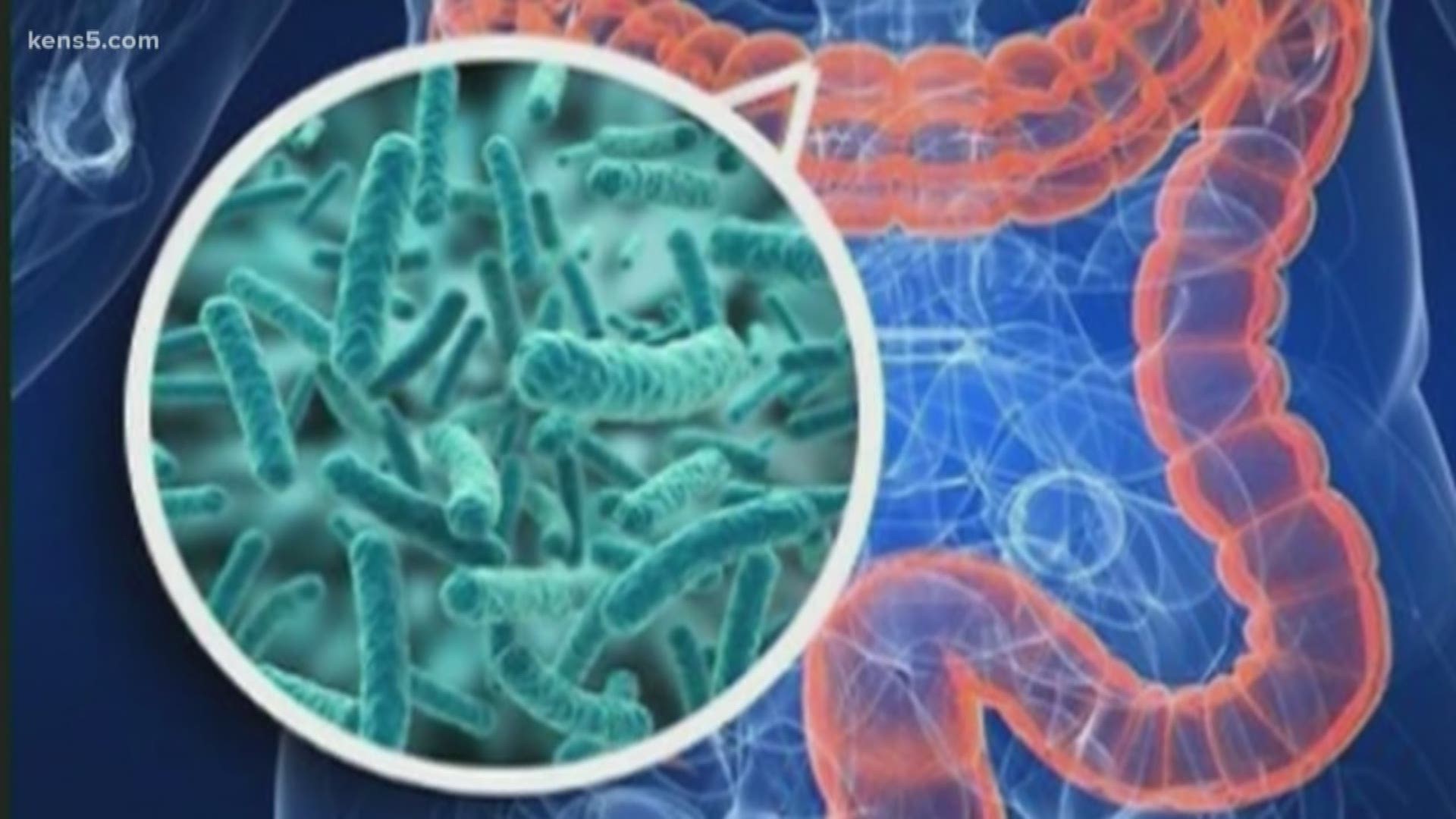SAN ANTONIO — Well over 100,000 people in the U.S. will be diagnosed with colorectal cancer this year, and close to half of them will die. Colorectal cancer is a cancer that starts in the colon or the rectum. These cancers can also be named colon cancer or rectal cancer, depending on where they start.
"I had some rectal bleeding for about a year. Little bits here and there. Pretty much, with my age group, you would think it was normal," said 56-year-old Brenda Putman, who had been putting off a colonoscopy for years. She said as time went on, she realized the bleeding was anything but normal. "I had an incident where I had passed quite a bit of blood and that was an immediate red flag," she said.
Some of the symptoms of colorectal cancer include blood in or on your stool, stomach pain, aches, or cramps that don't go away, or weight loss with no rational reason. But in many cases, there are no symptoms. That's why you need to get screened when your primary doctor tells you to. Putman told us,
"If you don't do it for your family and you wait, you may not be as fortunate as I was."
But if the thought of a colonoscopy makes you uncomfortable, there are other tests that can be done. "Some of those options include a stool test done, where you have a stool sample you would collect at home and deliver it to a lab," said Dr. Glenn Gross, a University Health System gastroenterologist and the Division Chief of Gastroenterology at UT Health San Antonio. He said there's also a virtual colonoscopy using CT colography. Dr. Gross told us,
"It is really a CT generated image of the colon. This is a study that's done in a radiology setting with a CT scanner."
Both are less invasive but don't catch a good portion of possible cancerous polyps. If either of those come up positive, you still have to get a colonoscopy. Dr. Gross said it is like one-stop shopping, and that's why it makes more sense to get that right away. He said, "It is the only procedure that in a single procedure allows you to detect and remove pre-cancerous polyps."
For more information about family health call 210-358-3045. You can also find the rest of Wear The Gown stories, just go to WearTheGown.com.

